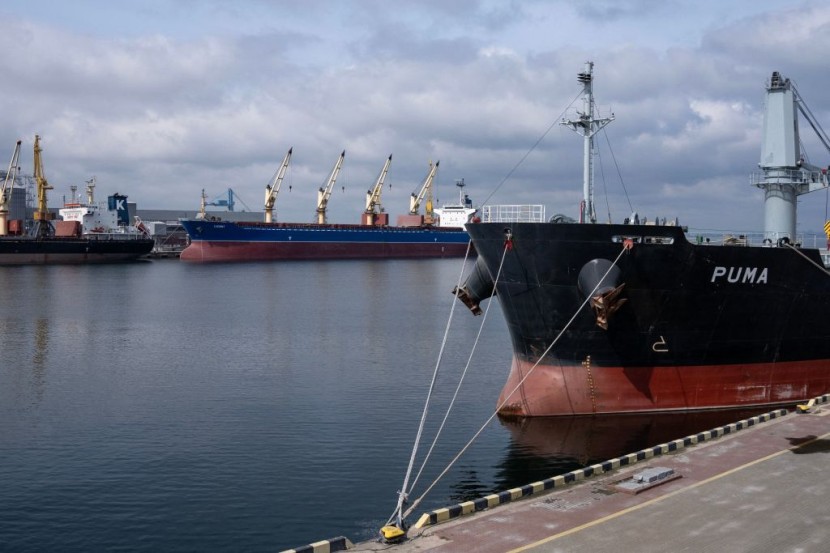
- EU executive slams Hungary and Poland over a decision to ban Ukrainian grain imports to protect local farmers
- The decision comes after Russia's war on Ukraine disrupted Black Sea ports
- Large quantities of Ukrainian grain, which is cheaper than EU products, are stuck in Central European states
On Sunday, the European Union executive expressed alarm over Hungary's and Poland's decision to ban Ukrainian grain imports to protect local farms.
The moves after Russia's war on Ukraine resulted in the blockage of some Black Sea ports, which caused large quantities of Ukrainian grain, which costs less than products produced in the European Union, to be stuck in Central European states because of logistical bottlenecks. This has harmed the prices and sales of products made by local farmers.
Ban on Ukrainian Grain Imports
The situation has become a dilemma for Poland's nationalist Law and Justice (PiS) party during an election year. It comes as the party has caused people in rural areas to become angry as support across these areas is usually high, as per Inquirer.
In an emailed statement, a European Commission spokesperson said that they were aware of the announcement by Hungary and Poland regarding a grain import ban and other agricultural products from Ukraine.
They added that in such difficult times, it was essential to coordinate and align all decisions within the EU. Piotr Muller, the spokesman for the Polish government, has been in constant communication with the European Commission regarding the issue, arguing that the ban was possible because of a security clause.
The two EU member states have been in long-running conflicts with Brussels regarding judicial independence, media freedoms, and LGBT rights. The two countries have also had funds withheld because of concerns regarding the rule of law.
The governing party's leader in Poland, Jaroslaw Kaczynski, said on the day of the announcement that authorities decided on a regulation to ban the entry and imports of grain into the country and dozens of other kinds of food, according to Euractiv.
Protecting Local Farmers
He argued that if left alone, the situation would have led to a far-reaching crisis in Poland's farming sector, defending the decision as protecting the country's agriculture industry. Kaczynski also stressed that the nation supported Ukraine despite the grain ban.
Hungarian Agriculture Minister Istvan Nagy made a similar announcement in a Facebook message, noting that his country was also banning agricultural products from Ukraine.
Nagi argued that the absence of meaningful EU measures resulted in Hungary following Poland's ban on Ukrainian grain imports that would be in effect until the end of June. The announcement also comes after Warsaw and Kyiv agreed on Friday to work on limited and temporarily halting Ukrainian grain deliveries to Poland.
The economic development and technology minister of Poland, Walderman Buda, posted on Twitter on Sunday that the latest measure would curb the transit of Ukrainian products through the country, said the New York Times.








